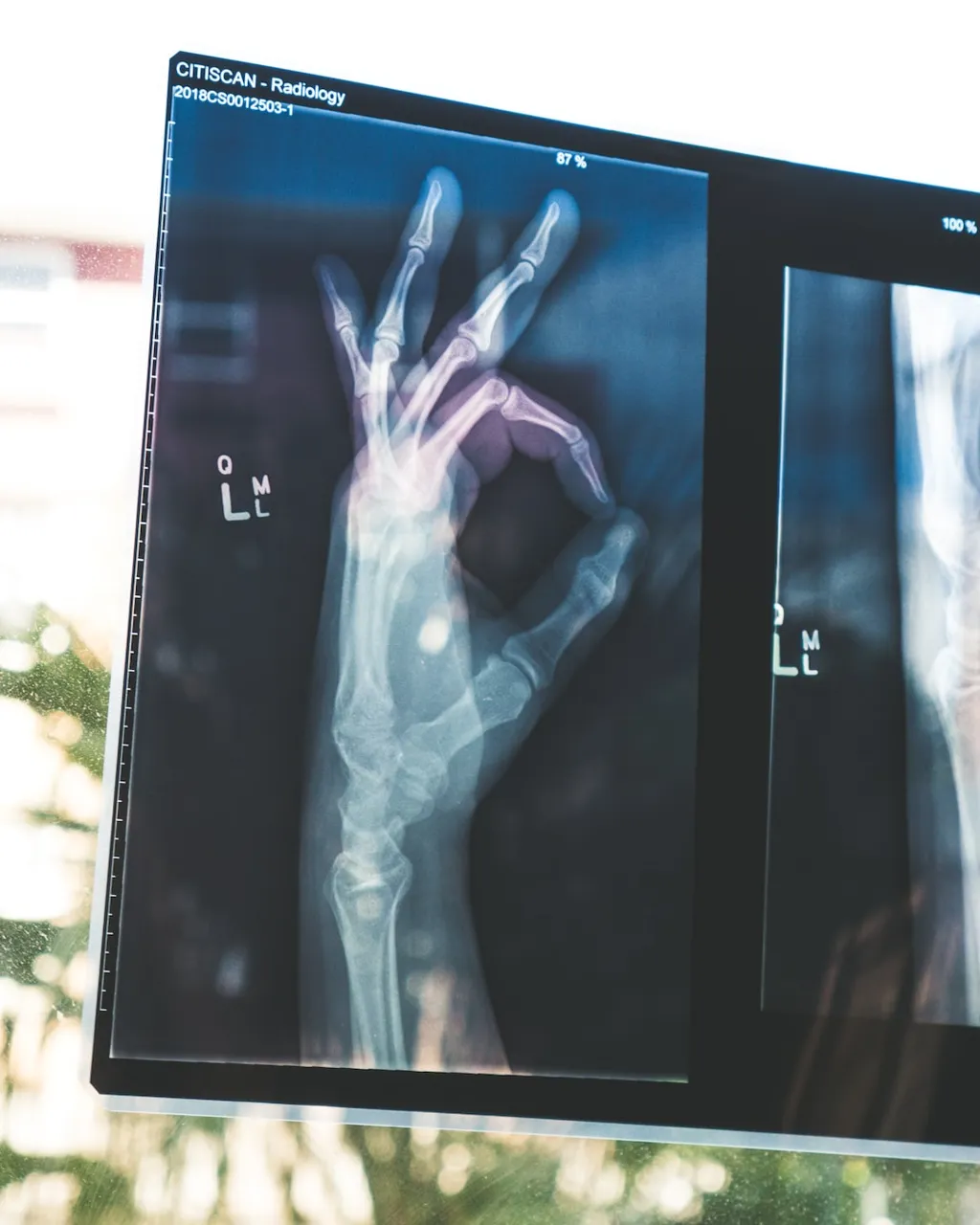Occupation Spotlight: Health Technologists and Technicians, All Other
When it comes to healthcare professionals, most people think about doctors and nurses. However, the healthcare industry is much broader than that. Health technologists and technicians, all other is one of the fastest-growing occupations in healthcare.
What is a Health Technologist and Technician, All Other?
A health technologist and technician, all other is a broad job category that includes professionals who perform various medical laboratory tests and procedures. They assist physicians and other healthcare professionals in diagnosing and treating diseases.
These professionals are responsible for performing tests on body fluids, cells, and tissues to identify bacteria, viruses, and other microorganisms that cause diseases. They use sophisticated medical equipment and specialized computer software to perform tests and analyze the results.
Examples of Jobs in the Field
The following are examples of jobs in the health technologists and technicians, all other category:
- Cardiovascular Technologist: These professionals use special imaging equipment to identify and diagnose medical conditions related to the heart and blood vessels.
- Medical Laboratory Technologist: These professionals collect and analyze samples of various body fluids and tissues to diagnose and treat illnesses.
- Radiologic Technologist: These professionals perform imaging tests, like X-rays, CT scans, and MRI, to diagnose and treat medical conditions.
- Surgical Technologist: These professionals assist surgeons during surgical procedures by preparing operating rooms, sterilizing equipment, and monitoring patients.
Education and Training
Education and training requirements for health technologists and technicians, all other vary depending on the specific job. However, most positions require at least a high school diploma or equivalent. In addition, most jobs require an associate’s degree or postsecondary certificate in a specialized field.
Some employers may require candidates to have a bachelor’s degree in a related field, such as biology, chemistry, or medical laboratory science.
Career Progression
As one gains experience and knowledge, they can advance their career in the field of health technologists and technicians. For example, a cardiovascular technologist with several years of experience may become a supervisor or manager. Alternatively, they may choose to specialize in a certain area of their field.
Getting into the Field
For those who are new to the field of health technologists and technicians, getting the required education and training is the first step. Prospective candidates can seek postsecondary education programs that offer certificates, associate degrees, and bachelor degrees in the specialized fields.
After completing their education and getting the required certification, they can begin applying for entry-level positions. Once they have gained enough experience, they are better positioned to advance their career in this growing field.
Occupation: Health Technologists and Technicians, All Other
Health technologists and technicians, all other, work in various healthcare settings, and their role involves operating medical equipment, conducting tests, and analyzing health data. Their responsibilities vary based on their specializations, which may include dental, ophthalmic, radiologic, cardiovascular, or surgical technology.
According to the US Bureau of Labor Statistics, the median annual wage for health technologists and technicians, all other, was $39,353.60 as of May 2020. However, the average salary varies based on factors such as job level, union affiliation, and geographic location. Below is a table outlining the salary data for this occupation:
| Job Level | Union Affiliation | Employment Status | Annual Salary |
|:———-:|:——————:|:——————:|:————–:|
| Level 04 | Nonunion | All Levels | $49,067.20 |
| All Workers | Nonunion | All Levels | $50,897.60 |
| Level 04 | Full-time | All Levels | $39,436.80 |
| All Workers | Time-based pay | All Levels | $50,356.80 |
| All Workers | N/A | US National Average | $39,353.60 |
| All Workers | N/A | New York-Newark-Jersey City, NY-NJ-PA | $61,360.00 |
| All Workers | N/A | South Carolina | $37,793.60 |
Effects of Union
While union affiliation does not have a significant effect on the national average salary for health technologists and technicians, all other, those who are part of unions may earn higher wages, especially at lower levels of employment. Unionized Level 04 technicians, for example, earn an average of $9,369.60 more than their non-unionized counterparts.
Best and Least Paid Geographies
Health technologists and technicians, all other, earn the highest salaries in the New York-Newark-Jersey City, NY-NJ-PA metropolitan area, where the annual average salary for this occupation is $61,360.00. In contrast, the lowest average salary for this occupation is in South Carolina, where health technologists and technicians, all other, earn an average of $37,793.60.
Conclusion
Health technologists and technicians, all other, work in various healthcare settings, and their responsibilities vary based on their specializations. The salary for this occupation varies based on factors such as job level, union affiliation, and geographic location. Unionized technicians may earn higher wages, especially at lower levels of employment. Those who work in the New York-Newark-Jersey City, NY-NJ-PA metropolitan area earn the highest salaries, while those in South Carolina earn the least on average.












